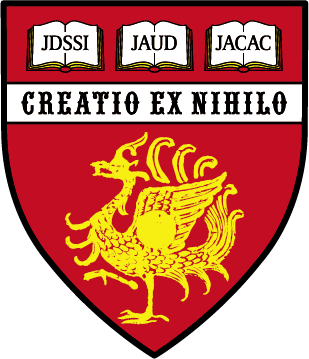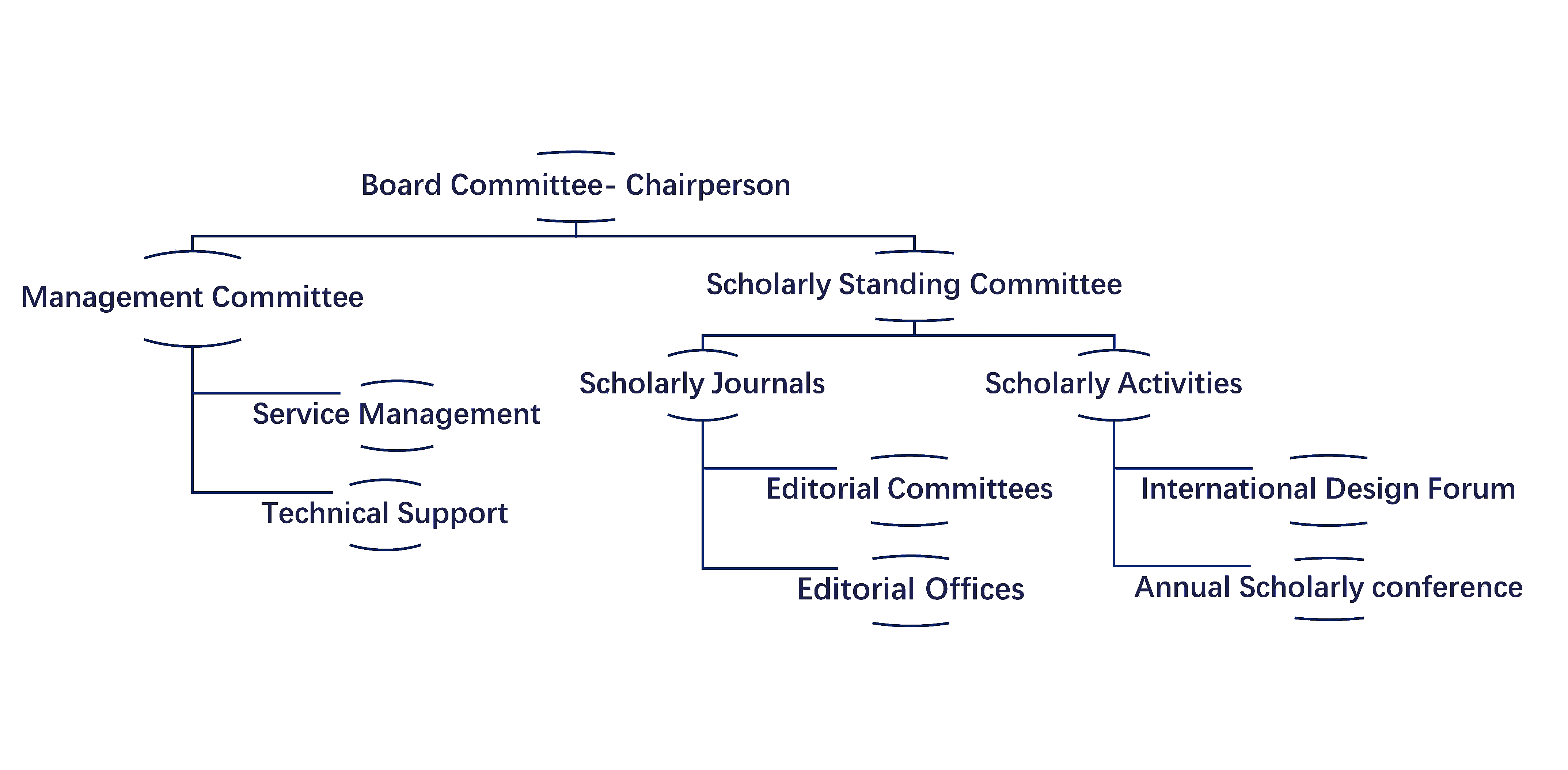MSPL Organisational Structure
Open Access: Barrier-Free Access, Reuse Rights, and Global Discovery
MSPL is committed to true Open Access publishing, making all our academic content freely available online immediately upon publication. We support the Creative Commons licensing framework, which allows authors to retain copyright while enabling others to distribute, reuse, and build upon their work. This approach maximises research impact, accelerates innovation, and ensures knowledge flows freely across institutional and geographical boundaries.
Our dedication to Open Access extends beyond simply removing paywalls. We actively work to ensure research discoverability through partnerships with major indexing services, institutional repositories, and academic search engines. This comprehensive approach ensures that valuable design and arts research reaches the widest possible audience, including practitioners, educators, students, and independent researchers who might otherwise lack access to traditional academic resources.
By embracing Open Access, we also facilitate more equitable global participation in scholarly discourse. Researchers from lower-resource institutions and developing regions can both access and contribute to cutting-edge design knowledge without financial barriers. This inclusive model creates a more diverse intellectual ecosystem that benefits from a wider range of cultural perspectives and innovative approaches.
Additionally, our Open Access policy supports the increasing demand for transparency and accountability in research. When design and arts scholarship is openly available, it enables greater scrutiny, verification, and collaborative improvement of methodologies and findings. This openness ultimately strengthens the quality and reliability of published research while fostering interdisciplinary connections that might not otherwise emerge.




